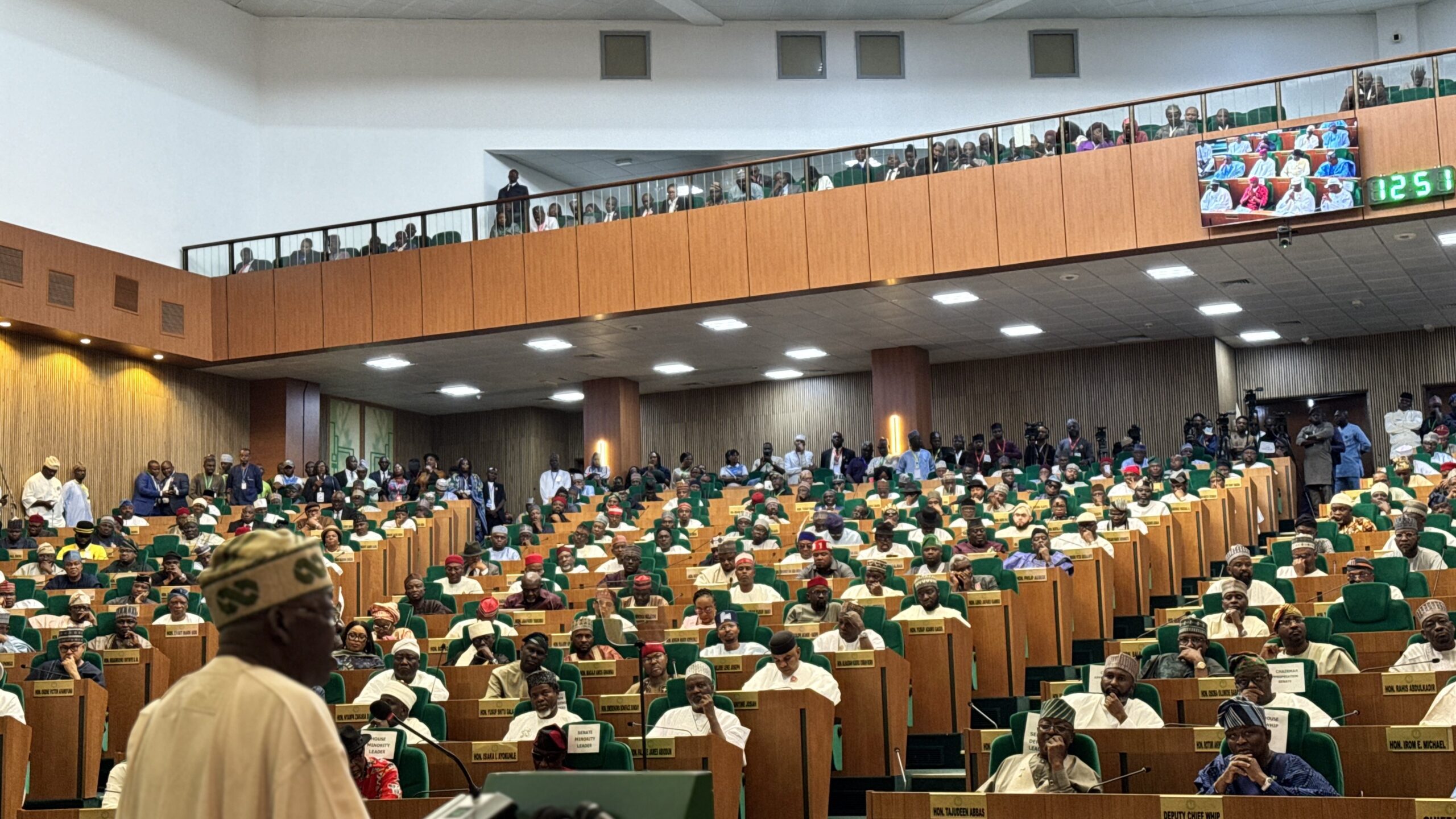Surrogacy presents significant concerns regarding a child’s fundamental rights, particularly the right to identity and knowledge of their origins. These issues conflict with Articles 7 and 8 of the United Nations Convention on the Rights of the Child (CRC), to which Nigeria is a committed signatory.
In essence, children born through surrogacy are at risk of being deprived of a clear, traceable identity. Articles 7 and 8 of the CRC guarantee each child’s right to be officially registered at birth, to safeguard their identity, and to have it restored if wrongfully stripped away.
Too often, surrogacy arrangements stand in direct opposition to these protections. Children may be denied access to critical information about their biological beginnings, exposing them to the threat of identity loss and legal ambiguity.
Furthermore, surrogacy can be deeply exploitative and objectifying for women—even if they agree to participate. Sometimes, consent is obtained under pressure, misinformation, or financial distress, making the entire process ethically problematic. The commercialisation of motherhood, regardless of apparent consent, reduces women to mere carriers, turning their bodies into commodities for manipulation, including the exchange and handling of human embryos, and the extraction of eggs and sperm.
Thus, even explicit and willing consent does not legitimize surrogacy under the law.
Consent does not excuse illegal acts in Nigeria. When two parties agree to commit a crime, it is regarded as conspiracy, an offense punishable by law. Nigerian criminal law only recognizes consent as a defense in strictly defined circumstances, such as medical treatment or sports. Participating in an agreement that violates public policy or established law is unlawful. Economic hardship frequently compels Nigerian surrogates to enter these agreements under questionable circumstances, tainting the authenticity and legality of their consent.
Accordingly, Nigerian law holds both surrogates and intending parents criminally liable for participating in surrogacy, regardless of mutual agreement. Such contracts are unenforceable, and the act remains illegal if it infringes statutes like the TIPPEA Act. Consent to break the law carries no legal weight.
For instance, Section 516 of Nigeria’s Criminal Code makes it an offense to conspire to commit a felony, even before any actual crime has taken place.
In short, Nigerian law does not permit surrogacy—even with consensual arrangements—because public policy and legal statutes take precedence over private deals.
While some argue that surrogacy can be made safer through regulation, this does not address the underlying issues of criminality and exploitation inherent to the practice in Nigeria. The push for regulation risks legitimizing acts that are fundamentally unlawful and exploitative. Attempts around the world have demonstrated that regulation does little to protect women and children caught in these arrangements.
Any system that involves financial compensation, false representation, or pressure in surrogacy is a form of child trafficking—a crime clearly outlawed by the TIPPEA Act.
Trying to regulate surrogacy is like attempting to manage other serious crimes; it doesn’t eliminate the harm or reduce the risks. Prohibition, backed by vigorous enforcement, is the meaningful path forward.
No regulatory framework can truly guarantee free, informed consent in cases of surrogacy. Instead, regulations may simply institutionalize the exploitation of vulnerable women and categorize children as commodities. No amount of paper regulation will prevent harm or curb criminal enterprises disguised as fertility clinics.
In reality, baby factories and human trafficking operations continue to operate under the veneer of “surrogacy clinics.” Many involve the abuse and exploitation of women, including minors.
Granting legitimacy to surrogacy through regulation would only provide cover for illegal commercial baby-selling, creating lucrative incentives for baby traffickers under the pretext of altruistic surrogacy.
The pressing issue remains the enforcement of Nigeria’s existing anti-trafficking and child protection laws, not the creation of new legislation.
Nigeria already has robust frameworks—such as the NAPTIP Act and the Child Rights Act—that categorically prohibit surrogacy. The real weakness lies in inconsistent enforcement. Even the best-intentioned regulations cannot overcome challenges like bribery, lack of prosecution, or inefficiency within the legal system.
The root problems include systemic illegality, exploitation, inadequate oversight, and institutional abuse—not just insufficient regulation.
Corruption within law enforcement and healthcare, weak institutional capacity, lack of political commitment, pervasive poverty, and desperation are key factors driving the surrogacy crisis.
Without stringent law enforcement, comprehensive public education, accountability, and an unwavering ethical commitment to human dignity, regulatory measures become empty gestures, easily subverted.
Nigeria’s priorities should be clear: enforce tough criminal penalties against surrogacy and baby-selling, develop ethical adoption systems and child protection policies, enhance anti-trafficking measures, shut down baby factories, bolster the implementation of existing laws, address poverty, and reform corrupt practices in law enforcement.
Legalizing surrogacy in Nigeria bears profound moral, cultural, and religious implications. In a society with strong traditional values, such a move could provoke widespread public resistance, erode faith in lawmakers, and endanger social unity.
Therefore, the surrogacy bills proposed by Hon. Uchenna Harris Okonkwo and Hon. Olamijuwonlo Alao-Akala are deeply flawed and should be set aside.
Should the sponsors persist, it is essential they conduct transparent, well-publicized public hearings and involve all relevant stakeholders—from governmental agencies like NAPTIP and respected professional organizations to religious and traditional bodies.
Such far-reaching bills must never be passed in secrecy.
In a functioning democracy—government by and for the people—it is imperative that Nigerians actively participate in shaping such critical legislation.
Nigeria must not become a haven for questionable foreign practices. Consider the risk of foreigners exploiting economically disadvantaged Nigerian women as surrogates, with no safeguards for their wellbeing after the arrangement. In the worst cases, vulnerable children face even greater dangers, including trafficking for ritual purposes.
Disturbingly, there is a rising trend of university students selling their eggs to the highest bidder. For example, at the University of Ibadan (UI), this has become so serious that authorities have issued warnings about potentially severe, long-term health consequences.
Find the continuation of this article at www.guardian.ng
Concluded.
Ekwowusi, a lawyer, wrote from Lagos.










